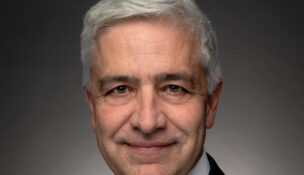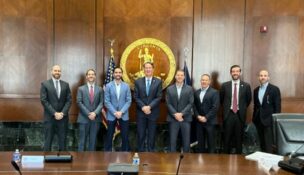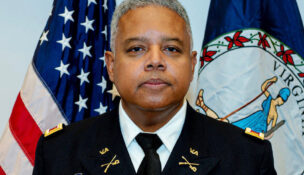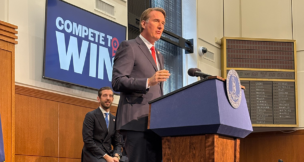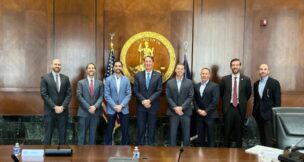Richmond nonprofit wins $2.99M National Science Foundation grant
CodeVA to develop computer science program for teaching history to underserved communities
Sydney Lake //August 5, 2020//
Richmond nonprofit wins $2.99M National Science Foundation grant
CodeVA to develop computer science program for teaching history to underserved communities
Sydney Lake //August 5, 2020//
The National Science Foundation (NSF) has awarded Richmond-based nonprofit CodeVA a four-year, $2.99 million project award to develop a computer science program for teaching history to underserved communities in Virginia. This is CodeVA’s first federal grant award.
CodeVA was awarded the Discovery Research PreK-12 (DRK-12) program grant for its proposal “Reaching Across the Hallway: An Interdisciplinary Approach to Teaching CS in Rural Schools,” and will work with another math-and-science-focused nonprofit TERC and the University of South Florida College of Education on the project.
“Virginia is pleased that our K-12 computer science education initiative is an exemplar for other states as we progress toward the goal of making computer science literacy for all a reality,” Virginia Secretary of Education Atif Qarni said in a statement. “Research is essential to this goal and this particular project seeks to empower students to frame the study of history through a lens of computational practices.”
The research project is focused on integrating computer science in middle school history classes in collaboration with six rural school divisions in Virginia. “This exciting project supports a more inclusive understanding of history by allowing students to explore and bring to life key concepts using [computer science] and computational tools,” CodeVA’s Education Community Manager Bryan Wallace, a principal investigator for the project, said in a statement.
The goals of the project include broadening access to computer science instruction in rural Virginia, using modeling and simulation for students to learn history and providing additional training and resources to support history education in Virginia.
Since 2014, CodeVA’s state-funded training programs have served approximately 3,500 teachers across the state. Microsoft Corp. has long supported the organization’s TechSpark program, which works with local partners to advocate for digital education and job creation in southern Virginia.
“Every student, no matter where they live, deserves the opportunity to learn digital skills,” Microsoft Philanthropies Vice President and Lead Kate Behncken said in a statement. “The NSF grant recognizes that expanding access to K-12 computer science education to all students — especially students in rural areas and those who are underserved — is essential to strengthening Virginia’s and the U.S. economy.”
s





